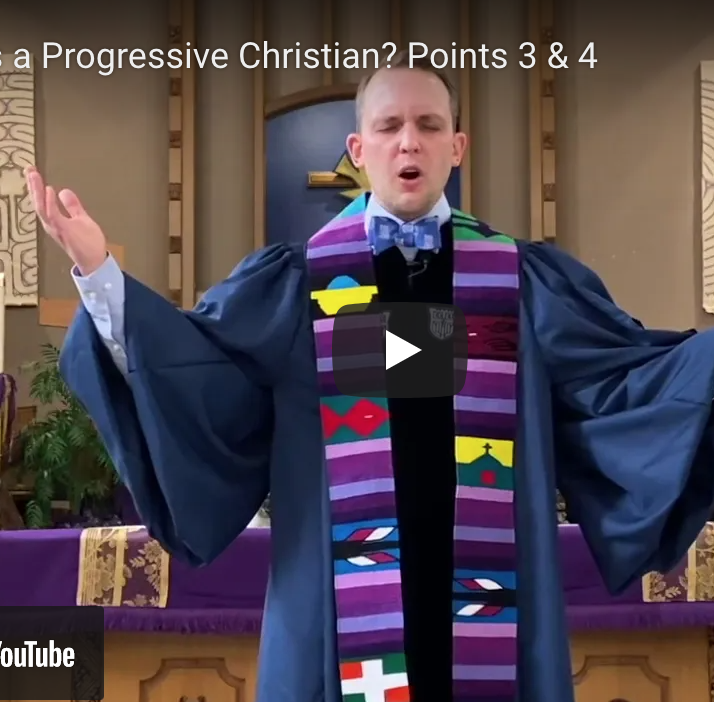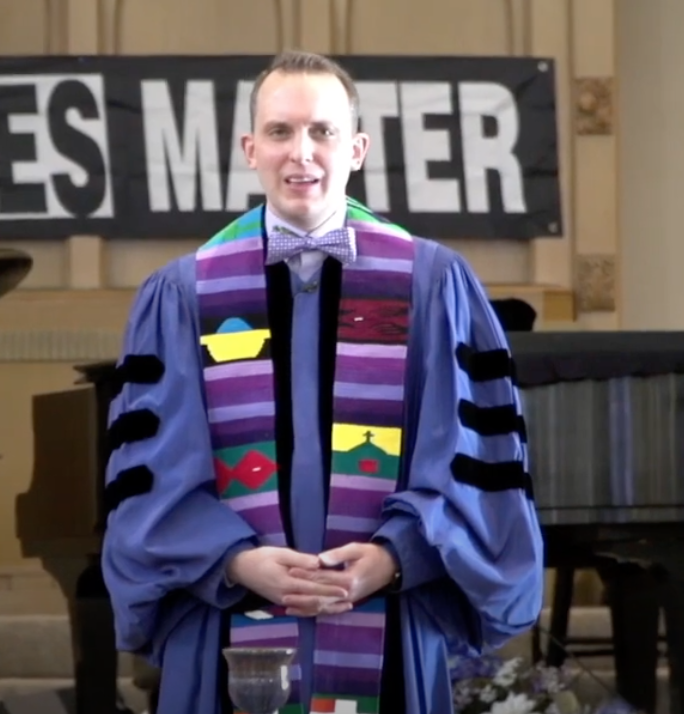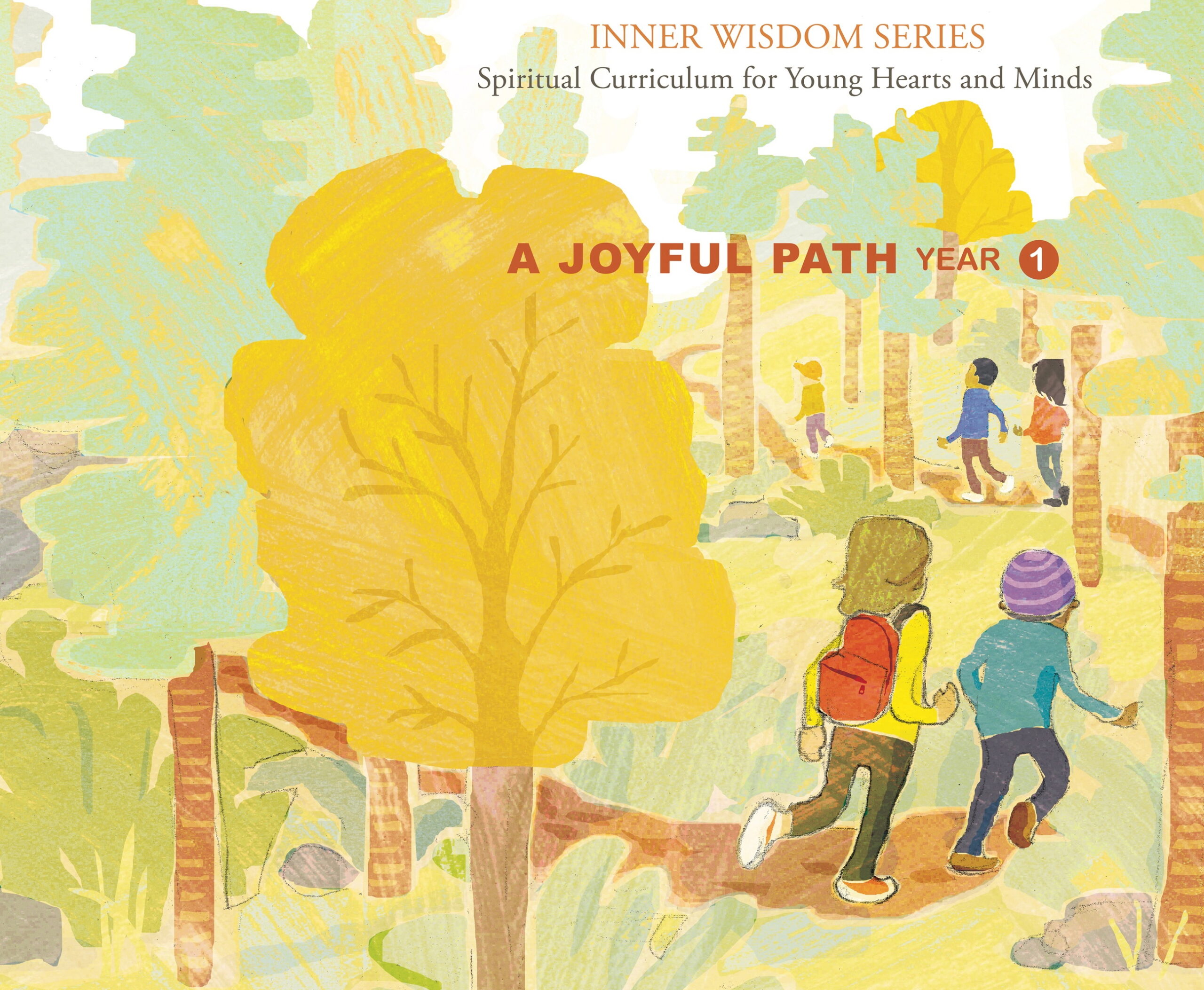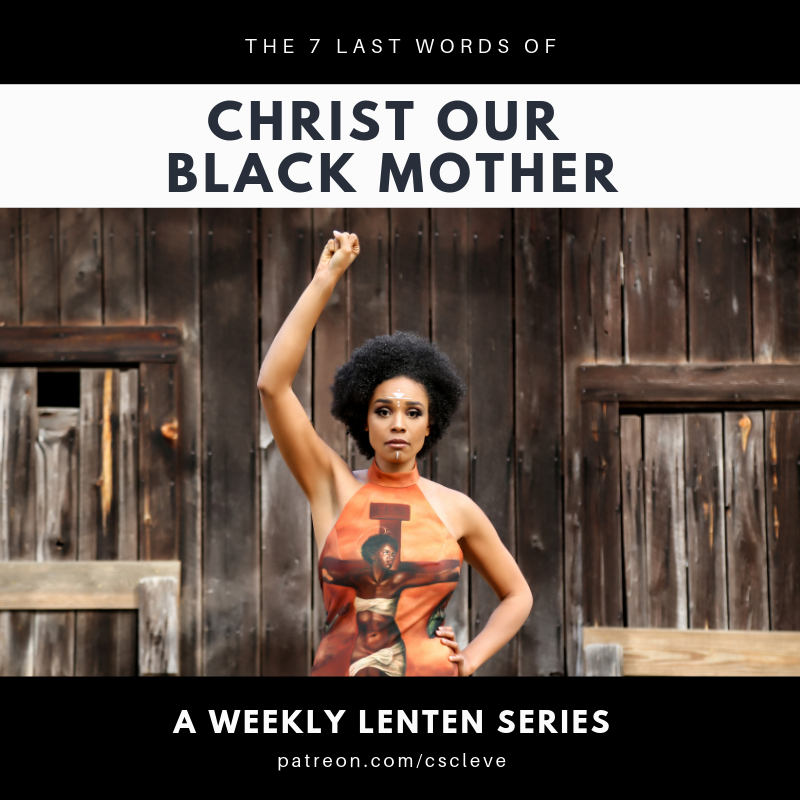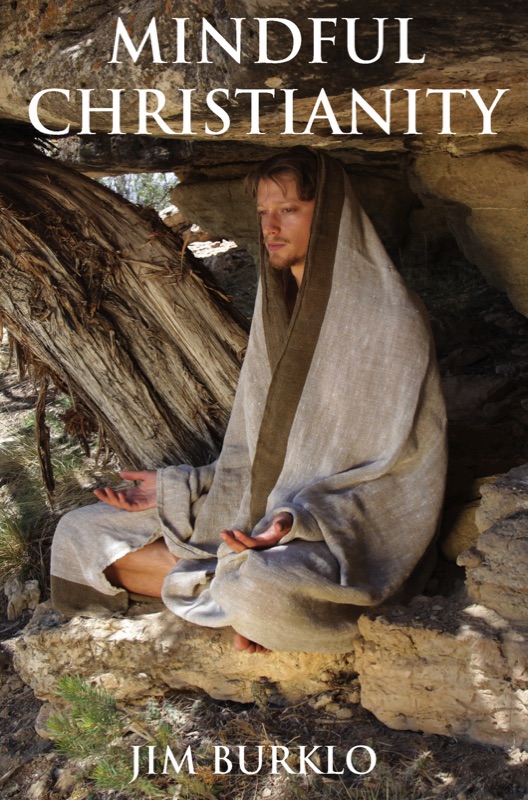I'm inviting folks to engage with 14 of the questions that Jesus asked his followers during his ministry. From Ash Wednesday, 2/22, through Easter
Easter, Ascension, and Pentecost do not form three seasons. The Easter season celebrates the three dimensions of the resurrection, ascension, and the sending of the Spirit.
"What does it mean to be a Progressive Christian? Listen to ProgressiveChristianity.org Co-Executive Director Rev. Dr. Caleb J. Lines examine the 8 Points of Progressive Christianity throughout Lent, continuing with Points 3 & 4."
What does it mean to be a Progressive Christian? Listen to Rev. Dr. Caleb J. Lines examine the 8 Points of Progressive Christianity throughout Lent, beginning with Points 1 & 2.
Progressive Christian Spiritual Curriculum that is Compassionate, Intelligent, Inter-Spiritual, and Non-Dogmatic. This is Year One of our A Joyful Path curriculum for ages 6-10. 38 Lessons.
The Christian tradition is now in the midst of Holy Week, the high holy days of our religion, concluding the season of Lent, the six-week period of repentance, prayer, fasting, and reflection in preparation for Easter. The language and tone of Lent address the ego, known in traditional language as our ‘sinful nature.’ According to traditional Christian theology, Jesus died to ‘save’ us from our inherently depraved nature inherited from Adam & Eve, because we can’t do it for ourselves. For the sake of biblical and religious literacy, we need to acknowledge a disclaimer.
I am indebted to Amy-Jill Levine's book "Short Stories by Jesus" and Bernard Brandon Scott's book "Hear Then the Parable" for challenging me to look beyond the Christian bias of interpreting Jesus' parables through the lens of the repentance and forgiveness and attempting to hear this story in ways more in keeping with Judaism.
This is public theology. As precious Patrons, I’m inviting you in to my theological process. Beginning on Ash Wednesday (March 6) and concluding on Good Friday (April 19), each week I will publish a photo and brief reflection on each of Christ’s 7 Last Words on the Cross.
Lent is a kind of sabbatical: a break from the usual routines of our lives, over the forty-day period from Ash Wednesday until Easter. On the Sabbath, in the Jewish tradition, the prohibition from work is more precisely a break from doing things that interfere with Nature’s processes. According to the Torah, on the Sabbath you can pick up an apple that naturally falls from a tree onto the ground, but you can’t pick it from the tree. Mindful Christian meditative prayer practice is very similar. In it, we take time to see things as they are, without interfering with them or trying to fix or change them. Once we know what is, we can then think and act wisely on what ought to be.
The dry bones raised by Ezekiel are a metaphor for those who died in the service of God’s justice: those who died working to restore God’s distributive justice-compassion to God’s Earth, and who themselves never saw the transformation. The army of dry bones is an army exiled from justice. Fairness demands that if Jesus was resurrected into an Earth transformed into God’s realm of justice-compassion, then all the other martyrs who died too soon should also be raised with him. “But in fact,” Paul writes in 1 Corinthians 15:20, “Christ has been raised from the dead, the first fruits of those who have died.” It is the Christ – the transformed and transfigured post-Easter Jesus – who has started that general resurrection, which restores justice-compassion to a transformed Earth. The transformation has begun with Jesus, and continues with you and me – IF we sign on to the program.
A Journey of Faith: Moving On
A growing number of progressive Christians, for a decade or more, have seen themselves less and less of being a theist, that is as one who believes in a 'God out there' who intervenes with and over rules the laws of nature. Yet many of these are still very happy to use the words Father, Son and Holy Spirit. This Trinitarian descriptor expresses the way in which Christians may encounter or interpret our 'God', but 'God' is much more. For many progressive Christians, the Trinity is an expression of different people and communities living in perfect harmony. Now that really is heaven on earth!
What is Holy Thursday about? Will we be thrown by the fact that Scripture scholars will say to us that maybe there wasn’t a “last supper?"



